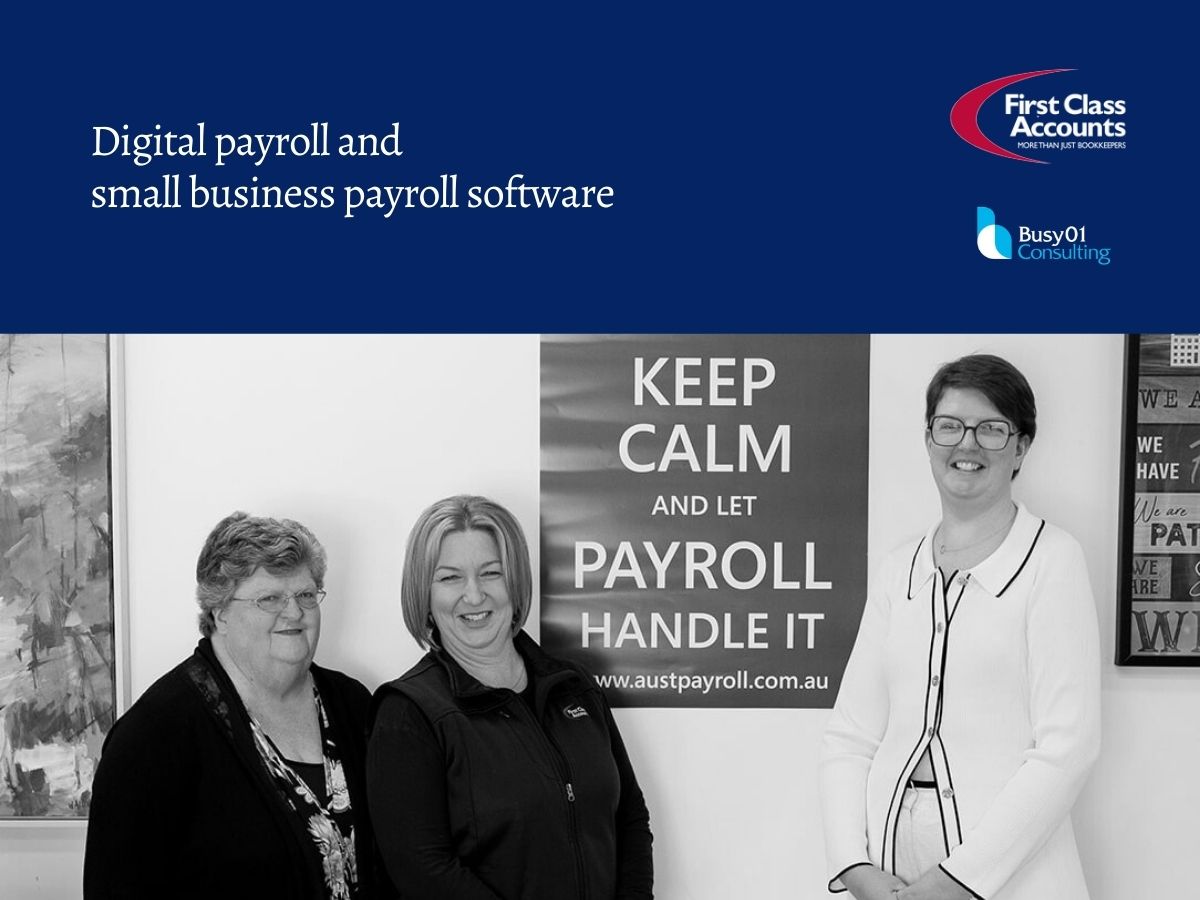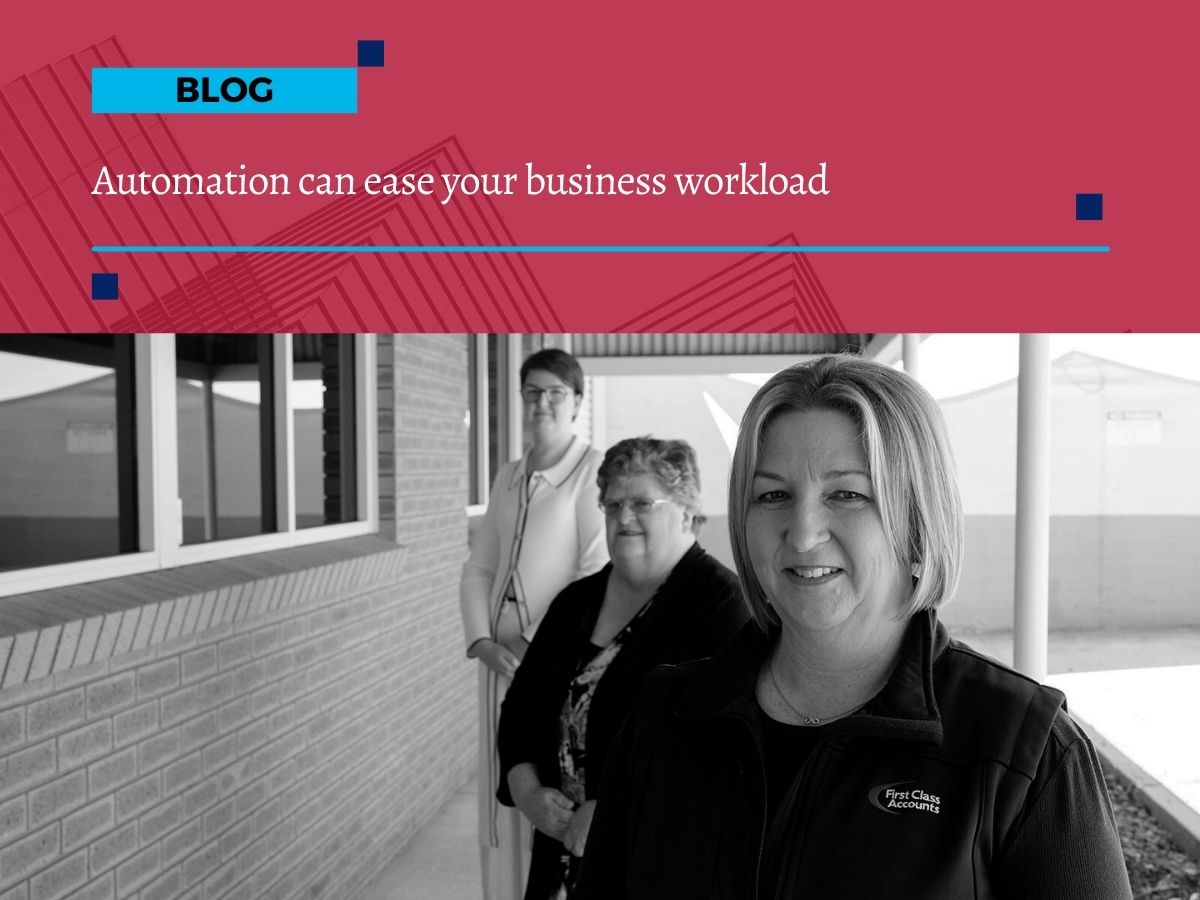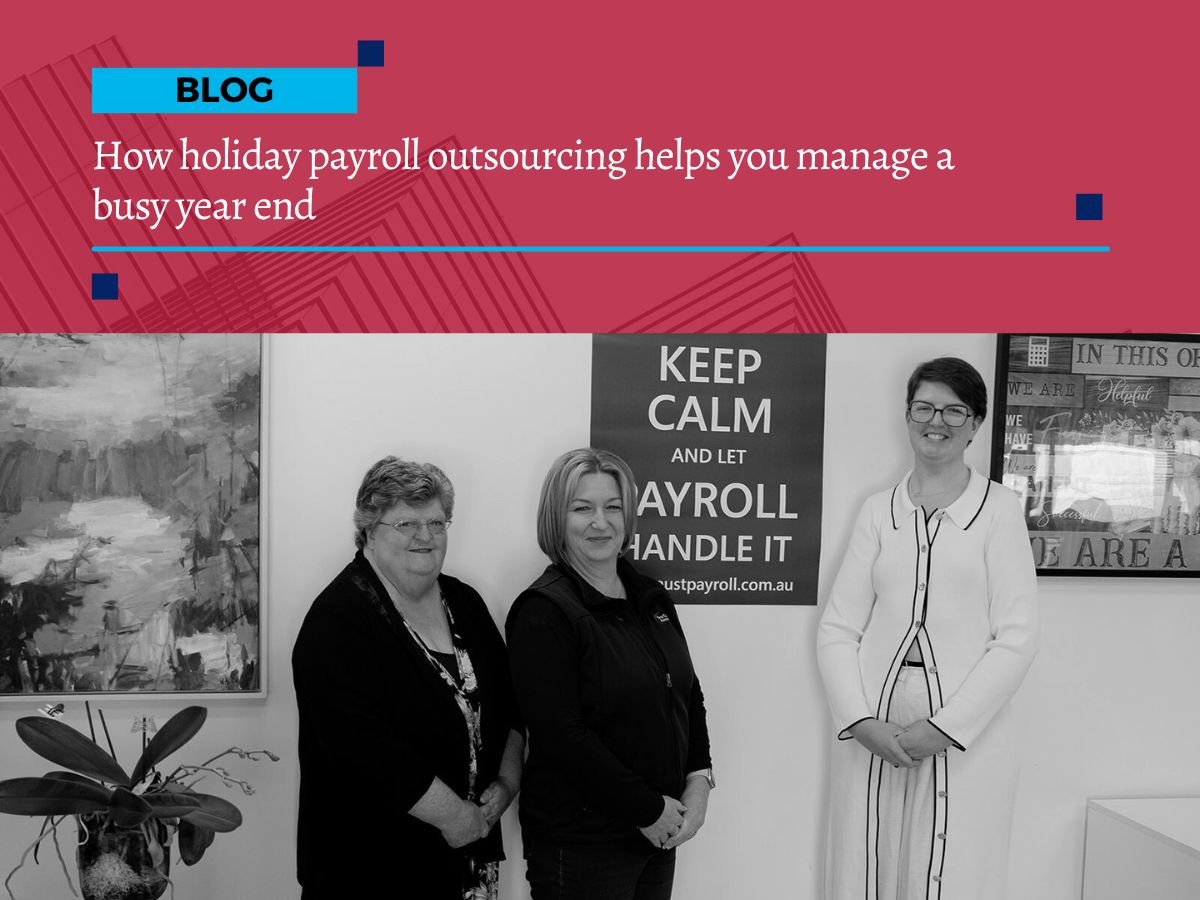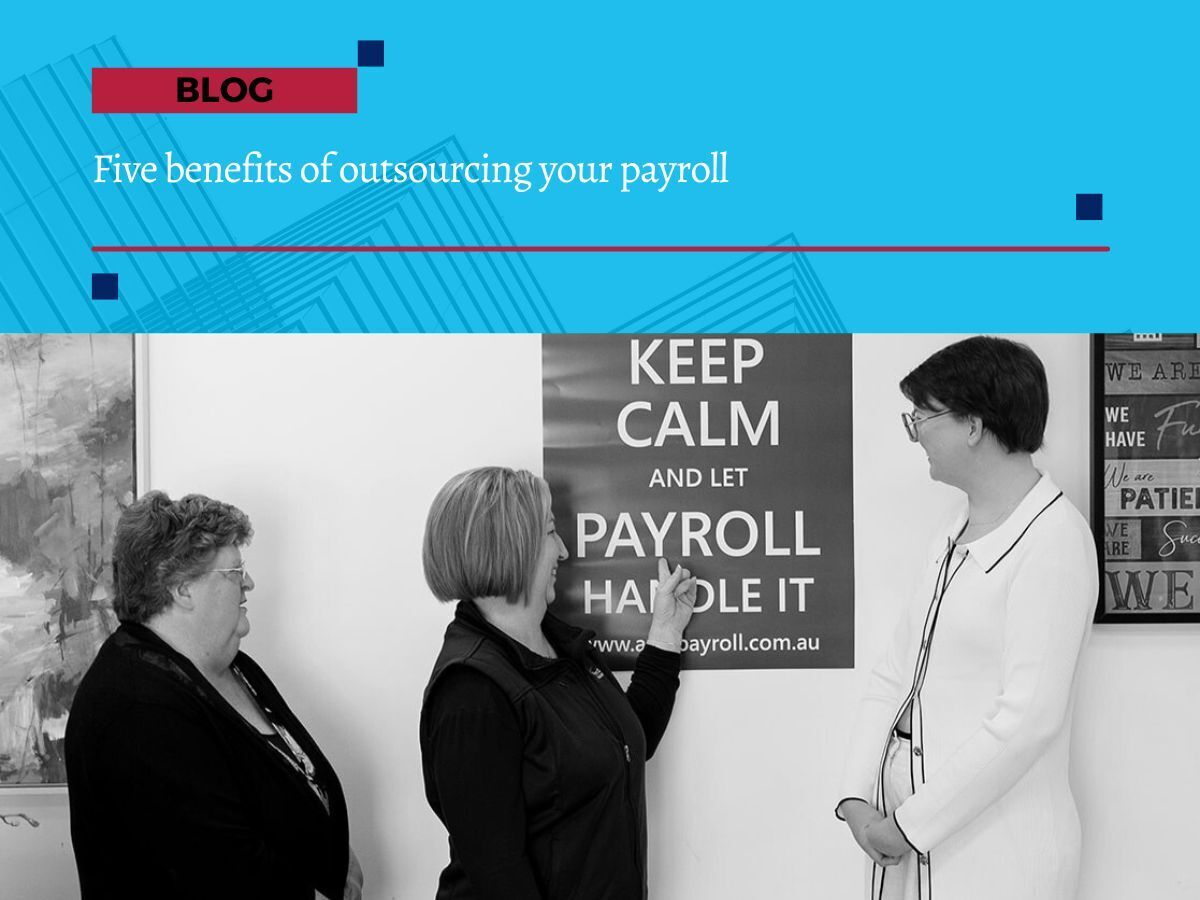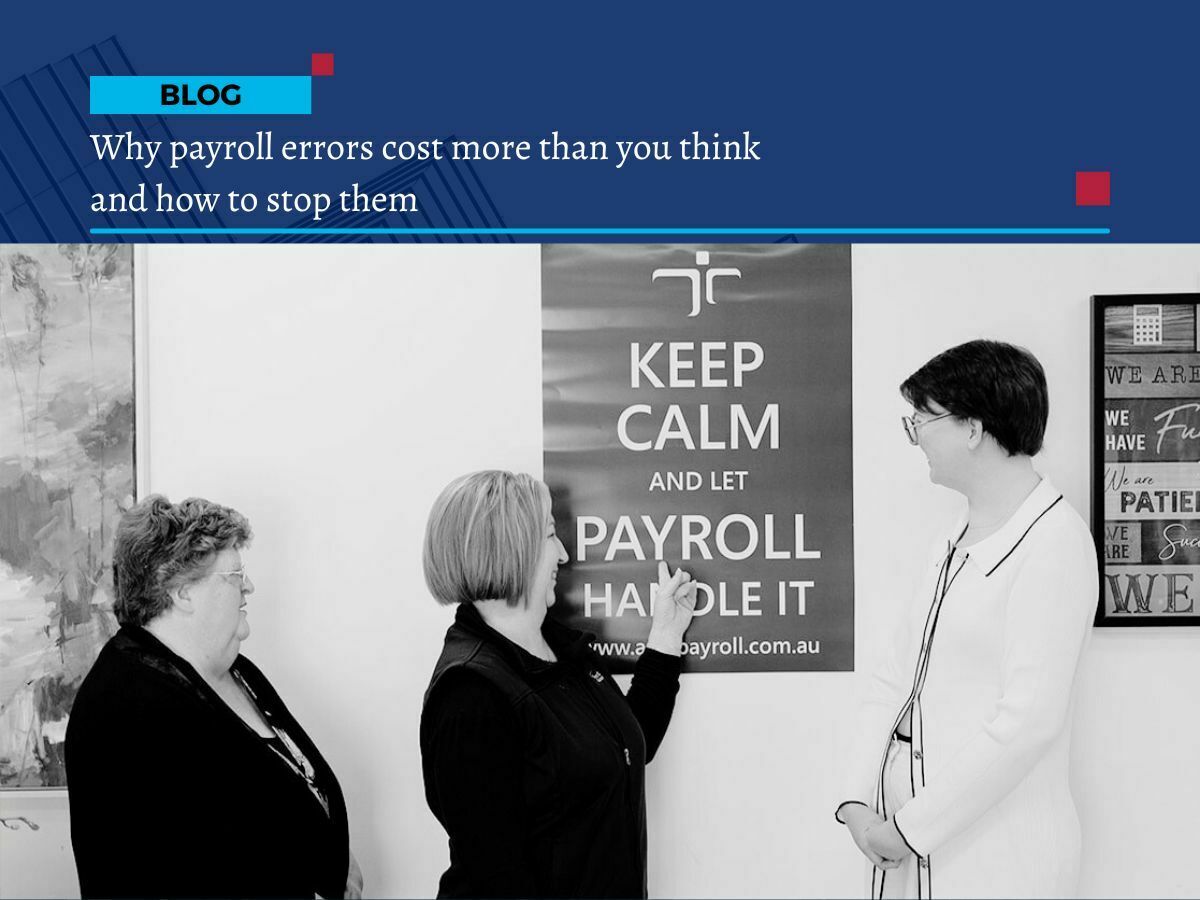
Contractor or Employee
Contractor or Employee
What Business Owners Need to Know in 2026
Should a worker be treated as a contractor or an employee?
This decision affects payroll, superannuation, tax, workers compensation and compliance. It is your responsibility as a business owner to classify each worker correctly.
In 2026, worker classification remains a focus area for the ATO and Fair Work Ombudsman. Getting it wrong can lead to back payments, penalties and unnecessary disruption to your business.
What is an employee?
An employee:
- Works in your business and forms part of your operations
- Has rights and entitlements under the Fair Work Act 2009
- Has agreed duties and usually an expectation of ongoing work
- Is covered by your workers compensation insurance
- Must be paid superannuation guarantee
- Is processed through payroll with PAYG withholding and Single Touch Payroll reporting
What is a contractor?
A contractor:
- Operates their own business and usually advertises their services
- Provides an ABN and invoices for work performed
- Is responsible for their own insurance, equipment, licences and tax
- Has independence and control over how and when work is performed
- Can usually delegate work within their own business
- May or may not be entitled to super, depending on the engagement
Understanding the multi-factor test
There is no single rule that determines whether someone is an employee or contractor.
Courts apply a multi-factor test. This means the entire working relationship is examined. No one factor is decisive.
Recent court decisions have placed greater emphasis on the written contract where it clearly reflects the working arrangement. However, if the day-to-day reality does not match the contract, that will still be considered.
Each relationship must be assessed individually.
Engaging sole traders requires extra care
Having an ABN does not automatically make someone a contractor.
Many sole traders are engaged mainly for their personal labour. If they cannot delegate work, operate under your direction, are integrated into your business and do not genuinely run an independent enterprise, they may meet the definition of an employee.
The ATO and Fair Work Ombudsman continue to monitor these arrangements closely.
Key factors to assess
When determining whether a worker is a contractor or employee, consider:
- Is the worker engaged to produce a specific result or primarily for their labour?
- Can they delegate or subcontract the work?
- How much control do you exercise over how, when and where the work is performed?
- Is the role integral to your business operations?
- Do they advertise and perform work for other clients?
- Who bears the risk and cost of fixing defective work?
- Who provides tools and equipment?
No single factor is decisive. The overall relationship must be considered.
Not sure? Review early
If you are uncertain, review ATO guidance before finalising an arrangement.
It is possible to reassess an arrangement after several months if circumstances change. However, leaving a worker incorrectly classified increases risk.
If a worker does not meet the contractor definition and you do not require a permanent employee, engaging them as a casual employee is often the compliant option. This ensures super is paid correctly, PAYG is withheld through payroll and reporting obligations are met.
The cost of getting it wrong
If a worker should have been treated as an employee, your business may be liable for back payment of wages, leave entitlements, allowances and superannuation. Additional charges and penalties may apply.
Incorrect classification can also disrupt payroll records and impact cash flow planning.
How First Class Accounts Ovens & Murray can help
Worker classification affects payroll setup, super processing and compliance reporting.
At First Class Accounts Ovens & Murray, we review your arrangements, ensure payroll systems are set up correctly and confirm super obligations are handled properly.
We provide reliable, consistent support so payments are accurate and on time, and your records reflect the correct employment status.
If you are unsure about your current arrangements, contact First Class Accounts Ovens & Murray to review your workforce structure and ensure everything is set up correctly.What is the difference between a contractor and an employee in Australia?
An employee works within your business and is entitled to super, PAYG withholding and Fair Work protections. A contractor operates their own business, invoices for services and has greater independence and control.
Can a sole trader be treated as a contractor?
Yes, but only if they genuinely operate an independent business. Having an ABN alone does not automatically make someone a contractor.
What happens if I classify a worker incorrectly?
You may be liable for back payment of wages, leave entitlements, superannuation and possible penalties.
Is it safer to hire someone as a casual employee instead of a contractor?
If a worker does not meet the contractor definition, engaging them as a casual employee is often the compliant option.

